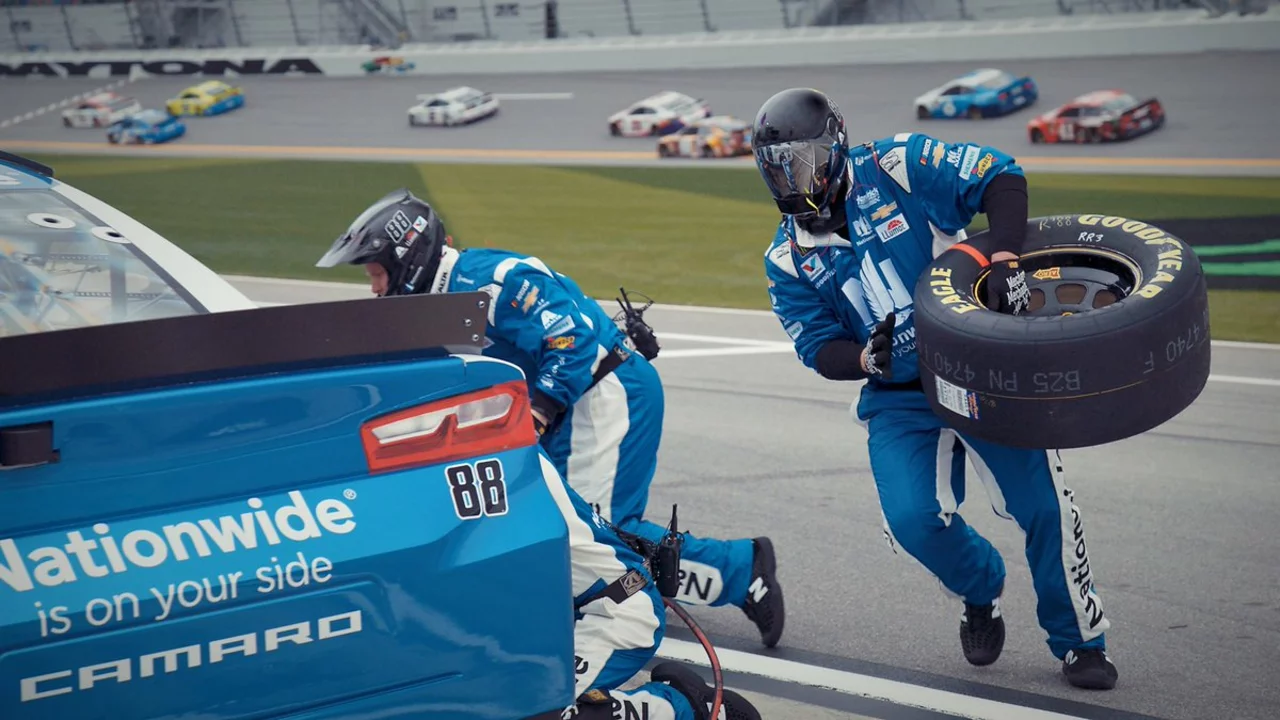Introduction
As a racing enthusiast, I've always been curious about the lives of professional racecar drivers. One question that frequently comes to mind is how often do these daredevils practice to maintain their top-notch driving skills? In this article, we will dive deep into the world of professional racecar drivers and their training routines to answer this burning question. So, buckle up, and let's explore the fascinating world of high-speed racing!
The Importance of Consistent Practice
Practice makes perfect, as they say, and this adage rings true for professional racecar drivers as well. To stay on top of their game and maintain a competitive edge over their rivals, drivers need to practice consistently. This not only helps them improve their driving skills but also keeps them familiar with the intricacies of their vehicles and the various racing circuits they compete on.
A driver's practice routine often includes physical fitness training, mental preparation, and of course, countless hours behind the wheel. This rigorous schedule ensures that they are in peak condition, both physically and mentally, to tackle the intense demands of professional racing. Consistent practice also helps drivers develop and maintain a strong rapport with their team, which is crucial for success on the racetrack.
Physical Fitness Training
Driving a racecar at high speeds is physically demanding and requires exceptional levels of strength, endurance, and agility. To meet these demands, professional drivers follow a strict fitness regimen that includes cardiovascular exercises, strength training, and flexibility workouts. These exercises help them withstand the intense G-forces experienced during races and improve their overall performance.
Many drivers also incorporate specialized workouts designed to target specific muscle groups used while driving, such as the neck, shoulders, and core muscles. Additionally, racers often practice reaction time drills and hand-eye coordination exercises to sharpen their reflexes, which can make all the difference during high-pressure racing situations.
Mental Preparation
Mental strength is just as important as physical fitness for professional racecar drivers. They must possess the ability to stay focused and make split-second decisions while navigating the track at breakneck speeds. To improve their mental fortitude, drivers engage in various mental exercises such as visualization, meditation, and even working with sports psychologists.
These mental training techniques help drivers remain calm under pressure, manage stress more effectively, and develop a winning mindset. A strong mental game also allows racers to better analyze their performance, identify areas for improvement, and set realistic goals for future races.
Behind the Wheel: Track Time
Of course, no amount of physical or mental training can replace actual time spent behind the wheel. Professional racecar drivers spend countless hours on the track, honing their skills and refining their techniques. This on-track practice is crucial for developing a deep understanding of their car's performance capabilities and learning how to react to various racing situations.
Drivers often use practice sessions to experiment with different racing lines, braking points, and overtaking maneuvers. They also familiarize themselves with the unique characteristics of each track, such as elevation changes, corner types, and surface conditions. This invaluable experience enables them to adapt quickly during races and make the most of every opportunity on the track.
Simulator Training
With advancements in technology, professional drivers can now supplement their on-track practice with simulator training. High-quality racing simulators provide a realistic and immersive driving experience, allowing racers to practice their skills in a controlled environment. This can be especially beneficial for learning new tracks, refining driving techniques, and even practicing race strategy.
Simulator training also offers drivers the luxury of practicing without the risk of damaging their racecar or suffering injuries. Moreover, it helps them save time and resources, as they don't need to travel to various racing circuits to gain valuable practice time.
How Often Do Professional Racecar Drivers Practice?
So, how often do professional racecar drivers actually practice? The answer varies depending on factors such as the racing series, the driver's experience level, and their individual training preferences. However, most professional drivers dedicate several hours each day to some form of practice, whether it be physical training, mental exercises, on-track driving, or simulator sessions.
During the racing season, drivers generally have multiple practice sessions per race weekend, in addition to any personal training they undertake. In the off-season, they continue to maintain their physical fitness and mental sharpness while also using the time to test new cars, components, and setups.
Conclusion
In conclusion, professional racecar drivers practice continuously to stay at the top of their game. Their training routines are a combination of physical workouts, mental exercises, on-track driving, and simulator sessions. This dedication to constant improvement is a testament to the passion and commitment these athletes have for their sport. As fans, we can only marvel at their incredible skill and determination as they push the limits of speed and endurance on the racetrack.
